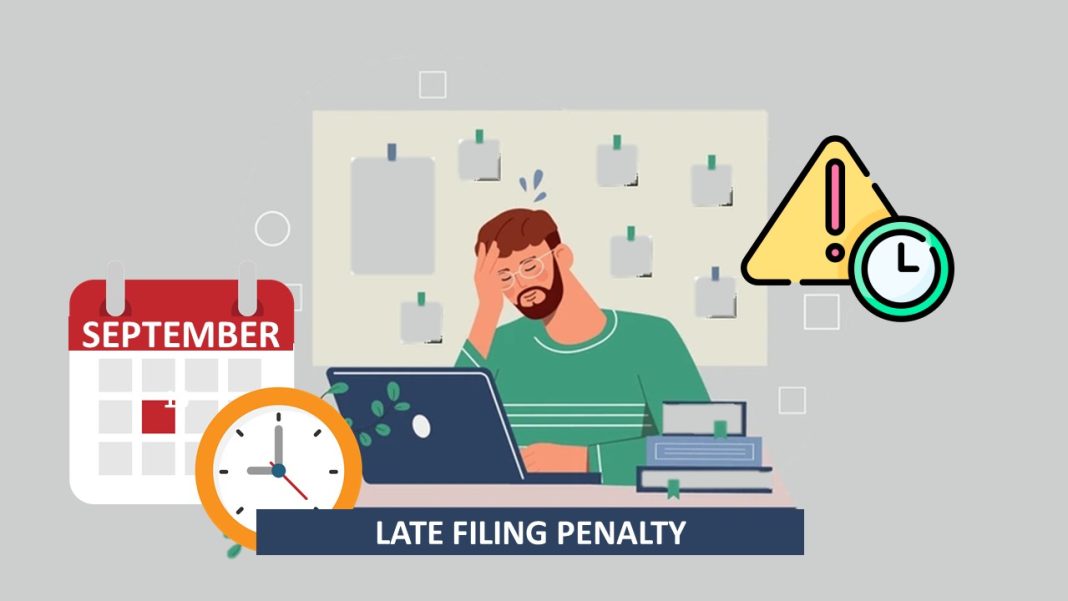What if You File ITR After September 15? Know the Key Consequences
The Income Tax Return (ITR) is not just about declaring income, but is also a key responsibility of every taxpayer to comply with the law. The original due date of filing ITR was extended from July 31 to September 15, 2025 (for AY 2025-26), for the taxpayers whose accounts are not required to get audited. But what if you do not meet this deadline? Many taxpayers often question whether they can use their ITR after this deadline. Read below to know the answers to these questions.
Filing ITR on Time
Experts suggest taxpayers file their ITR early to avoid any errors during the last-minute filing. Since the last date is approaching, taxpayers must start preparing for the ITR filing at the earliest. Last-minute filing increases the chances of the server slowing down or crashing, as many taxpayers would be filing their ITR at once. Filing ITR in a rush will also lead to many errors, and your return can be marked defective.
Can I File ITR After the Due Date?
Yes, the taxpayers are allowed to file ITR even after the due date. Under section 139(4) of the Income Tax Act, the taxpayers who have missed the original due date of ITR filing can file it after the due date. Such a return is known as a Belated Return.
Penalty for Late Filing
If the return is filed after the due date, the taxpayer will be charged with a late filing fee of up to Rs 5,000 under section 234F. The penalty is reduced to Rs 1,000 for Taxpayers with an income below Rs 5 lakh.
Apart from the late fee, if the taxpayer files a return after the due date, he/she will also be liable to pay interest of 1% per month or part of a month on the unpaid tax dues under section 234A.
My income is below the exemption limit; do I still need to file ITR?
The income tax return (ITR) must be filed if the taxable income is more than the basic exemption limit. However, there are some conditions under which the taxpayer is required to file an ITR even if their income does not exceed the basic exemption limit. These are as follows:
- Spending Rs 2 lakh or more on foreign travel,
- Electricity payment of Rs 1 lakh or more in a year
- Depositing Rs 1 crore or more in current accounts.
- Other conditions prescribed under Section 139(1).
However, it must be noted that even if a taxpayer with taxable income less than the basic exemption limit files a belated return, no penalty will be levied.
Importance of ITR Filing
Here is why you should file your income tax return on time:
- Serves as proof of income for loans, visas and credit cards.
- Ensures smooth tax refund
- Creates strong financial credibility for institutions



